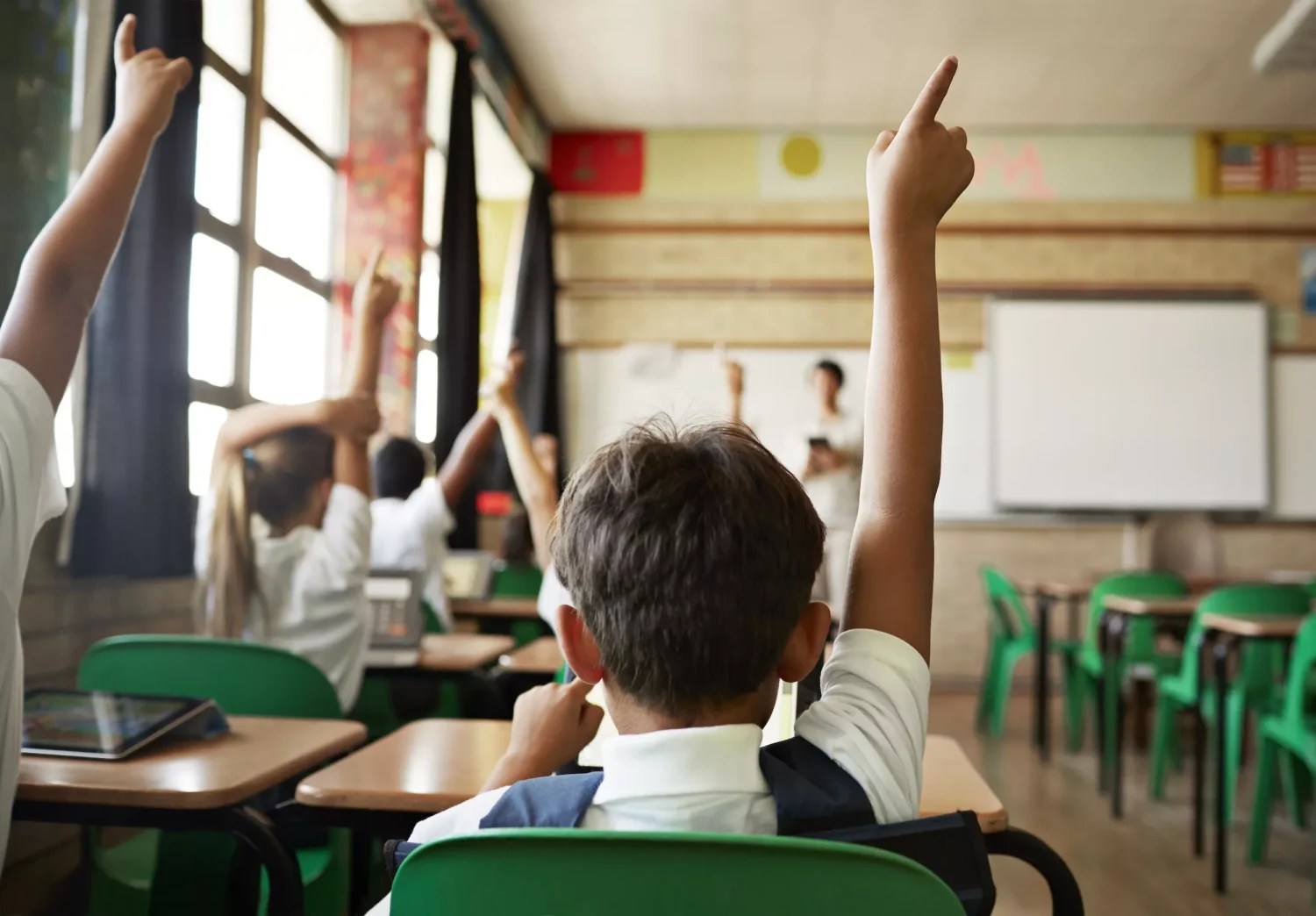
Klaus Vedfelt/Getty Images

Audio By Carbonatix
A few weeks ago, one of my students with autism asked for spaghetti and meatballs in the cafeteria.
The student’s family had been trying for years to get them to try new foods, but it finally happened that day, surrounded by classmates and supported by an augmentative communication device. As we entered the lunch line, a few taps on the screen formed the words, “spaghetti, please.” The meal was added to the tray, carried carefully to the table, and after one slow, tentative bite came many more — each one faster, happier and more confident than the last. By the end of lunch, the student was beaming, absolutely in love with the spaghetti.
That moment might sound small, but in my classroom, it was monumental. Years of therapy, teamwork and patient communication finally came together — a victory that no standardized test could ever measure.
I teach in a self-contained special-education classroom in North Texas. My students are incredible, bright, funny, curious and endlessly resilient. They work hard every day to access what so many people take for granted: communication, belonging, independence and joy.
Those moments of connection don’t happen by accident. They exist because of trained staff, adaptive materials and a federal commitment to ensuring that students with disabilities have equal access to education. That commitment is called the Individuals With Disabilities Education Act (IDEA), the law that guarantees a free and appropriate public education to students with disabilities.
When you work in special education, you realize quickly that inclusion is not automatic. It has to be protected, funded and fought for.
I was teaching when our state quietly limited the number of students who could receive special-education services. Families fought for months-long evaluations. Teachers were stretched thin, trying to meet needs that outnumbered the support available. It was a painful reminder of how fragile access can be.
So, when I hear about federal oversight and funding being scaled back, I feel that fear all over again — not for myself, but for my students and their families, because I know what’s at stake.
To me, special education isn’t political. It’s deeply personal.
It’s a child finding their voice through a device that finally speaks for them. It’s a student using a wheelchair racing down the track, cheered on by classmates. It’s a teacher learning every day that progress can look like one word, one smile, or one brave bite of spaghetti.
My students make me laugh, challenge me to grow and remind me daily that learning is a gift. They are not “programs” or “costs.” They are the reason I believe so fiercely in what I do — and why I’ll never stop fighting for them.
Protecting IDEA isn’t political; it’s moral. Every small victory in special education deserves to be seen, celebrated and protected.